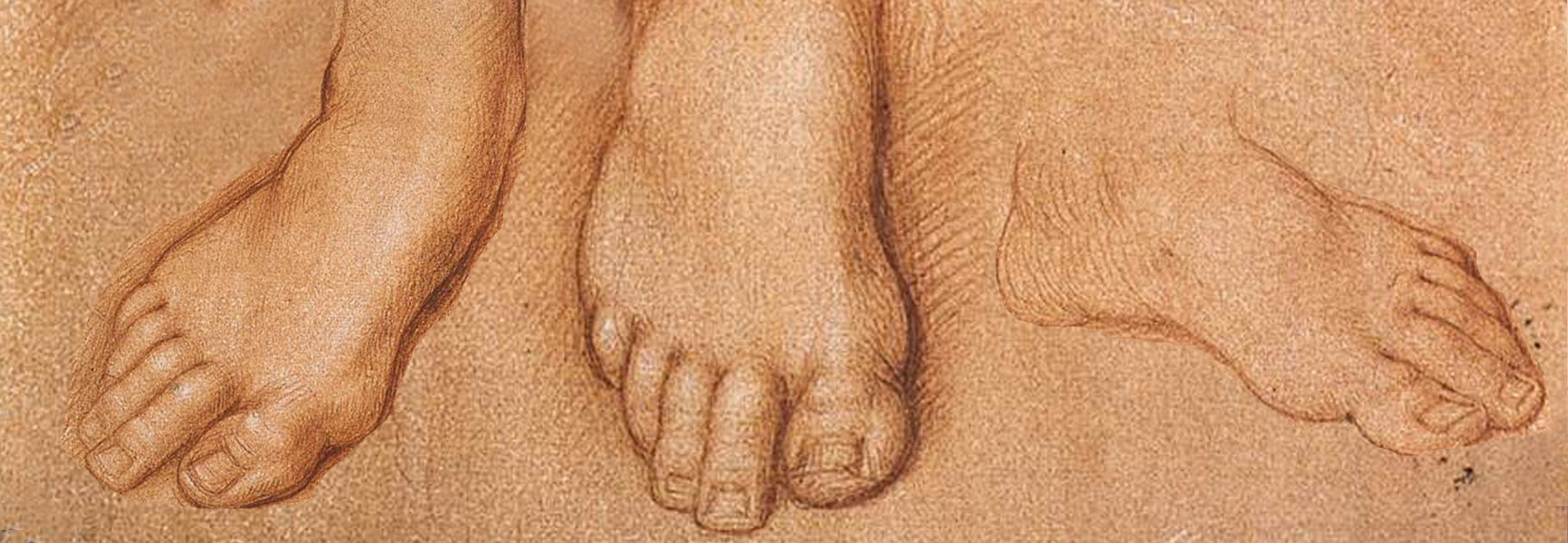
“You Are Not Your Diagnosis”
Of course I knew you shouldn’t let your diagnosis define or limit you. Over the years, I’ve said this many times to students looking for help with both chronic conditions and specific injuries. Pain and disability make it hard to focus on anything else, but if you define yourself by your diagnosis, you limit your freedom. And when you can’t do the things you enjoy, pathology becomes a self-fulfilling prophecy. Often, the first step to getting better is seeing those beliefs for what they are—just beliefs.
Put to the test
And yet, recently I was in a podiatrist’s office, seriously put to the test. I had struggled with nagging foot pain for three months. I had tried to resolve it myself by playing with different awareness through movement (ATM) lessons in an attempt to get relief and improve my stride. But the pain persisted.
The doctor informed me that I had both a neuroma and tendonitis in the metacarpal joints. The condition was chronic, she said, and I could expect little improvement because of the condition of my feet—huge bunions and other deformities. She also predicted that it would only get worse as I got older and that I could expect difficulties with walking. The options, she offered—operating on the bunions or neuroma—were not appealing, as I knew of many cases where surgery had only made matters worse.
When I told her that as a Feldenkrais practitioner I helped people improve their functional movement, she said she knew about “muscle memory” because she had been an athlete in college. However, she said my feet were too far gone. Basically, according to this doctor, there was nothing I could do (except, of course, operate) that would help or change my condition.
I explained I wasn’t talking about “muscle re-education,” but rather about brain re-education, adding that our muscles couldn’t learn but our nervous system could. The doctor just shrugged.
I left her office depressed
Listening to her I felt trapped. I felt myself shrinking, visualizing a life where walking was painful and my possibilities limited. I had lost my natural resilience and belief that I could get better.
It was only later, when I came to my senses that I started getting angry. She was addressing the symptoms—and sure, while those might not change, I still had choices about improving my neuromuscular and skeletal organization.
Even the shapes of my bones are not set in stone. The skeleton changes every seven years, like a snake shedding its skin. How could I fail to remember that how we use ourselves today impacts the skeleton we will have tomorrow. I realized that, of course, it matters how I distribute my weight through my foot when walking. More importantly, I still had choices and options and could experiment with ways of walking that were more functional.
Don’t let yourself be labeled
So please don’t let yourself be labeled. It’s all too easy to fall into that trap. A diagnosis limits you, psychologically boxes you in and does not take into account your brain’s capacity to always improve. That ability to improve is wired into your nervous system. You are born with it. It is ultimately that inalienable right that puts you on a pathway to better health.

Add Comment